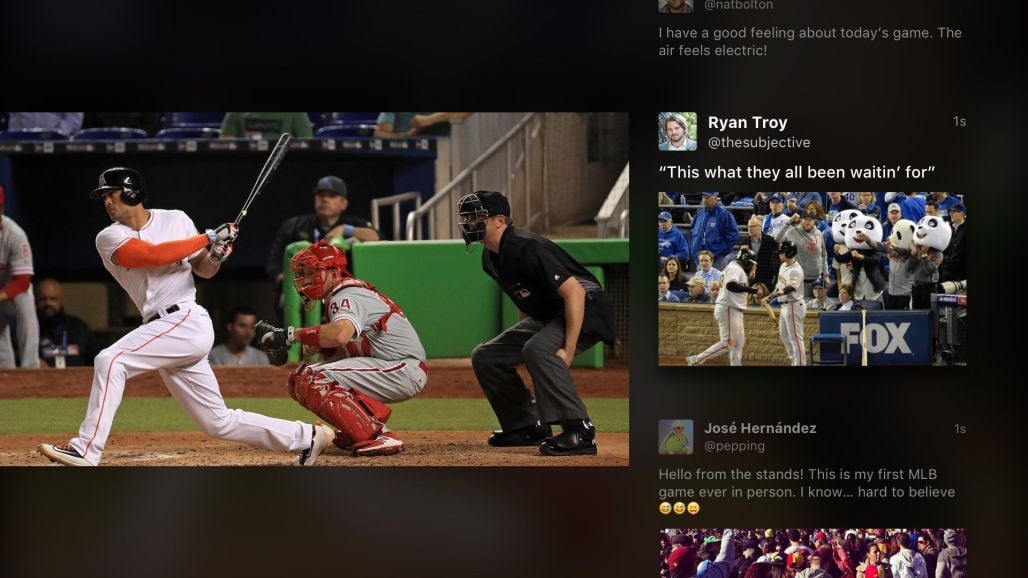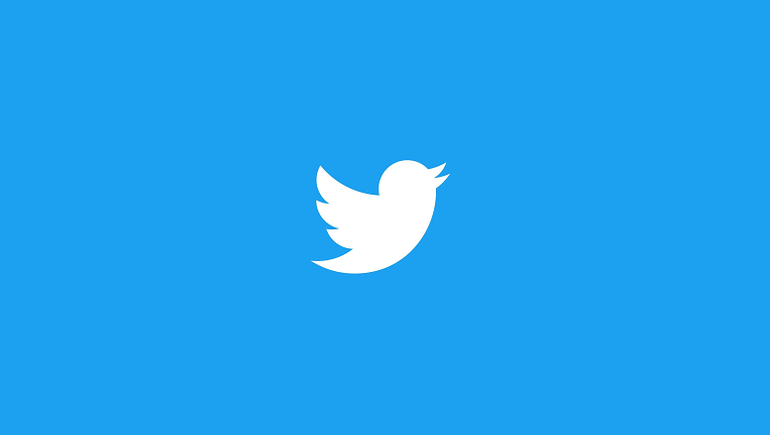So how will Twitter change under a new CEO – and can it change, given that Elon Musk has cut over 80% of Twitter staff since he took over in October?
It’s too early to tell exactly what may come next for the platform – and it’s worth noting that with Musk remaining as both Executive Chair and CTO, that there’s unlikely to be a significant deviation away from his original plans for the app. But still, a new chief will be a major change, and based on who’s reportedly been tapped for the role, there are some pretty strong indicators as to what’s likely coming next.
According to The Wall Street Journal, NBCUniversal’s current head of advertising Linda Yaccarino is the person that’s set to take over as CEO at the app, with Musk stepping down in six weeks time to make room for the new chief.
Yaccarino has worked at NBCUniversal for over a decade, and has been instrumental in building the platform’s ad business, and in particular, creating its ad-supporting streaming service Peacock.
This is likely the key consideration in a Twitter context. As Elon Musk has noted repeatedly, his vision for Twitter isn’t as a social media platform, as such, but he sees Twitter as more of a competitor for traditional news outlets, with the platform vying to become ‘the most accurate source of information’ about world events.
Absolutely. Twitter is also a competitor to legacy media for news, so they are fundamentally conflicted.
— Elon Musk (@elonmusk) February 12, 2023
Musk has also noted that video is a primary focus for the app moving forward, in the hopes that it could eventually challenge YouTube, by winning over top creators and getting them to share content exclusively to the app.
Add to this the recent announcement that Tucker Carlson will soon launch a new show exclusively on Twitter, and it seems that Musk’s looking to build his own streaming offering within the app, with a focus on exclusive programming that will ideally lure more viewers, and creators.
In this context, Yaccarino is a perfect fit, having already learned the lessons of building an ad-supported streaming service, which now has over 20 million subscribers. Peacock is still operating at a loss, but on Twitter, the outlay could theoretically be much less, as it won’t be looking to produce premium programming for the service, as such, but will be more focused on providing a means for creators to make money from ad share, likely with minimal investment from Twitter itself.
So what would that mean for Twitter?
A lot more video, a lot more exclusive content, and a bigger push to frame the app as the best place to be for the latest news coverage.
I suspect, at some stage, the plan would be to make video a more central element of the UI, in order to highlight its growing slate of programs, with Musk positioning Twitter not as a subsidiary to traditional outlets, but as a genuine alternative.
In essence, Twitter would no longer be the place for highlights, but for full programs within itself – which, it’s also worth noting, Twitter has tried before, with a focus, in particular, on sports content and niche audience programming.
Back in 2016, Twitter signed exclusive contracts with the MLB, NFL and NBA, among others, to broadcast games direct in the app, as part of a larger effort to connect the rise in live TV tweeting with the source material.
Twitter also came up with several concepts for a combined viewing/tweeting experience.

None of these initiatives saw significant take-up, and Twitter eventually scaled back its live-streaming efforts and re-aligned itself around its core use case instead.
But that was a long time ago, and a lot has changed in the streaming landscape since.
Could now be a better time to take a bigger leap into exclusive programming, and match up user interest in live tweeting TV shows with the content itself?
It does seem like this is the direction Twitter is heading – and again, with Musk viewing Twitter as a competitor to TV, not other social apps, that would be the logical extension of that push.
Maybe, then, the new Tucker Carlson show is just the beginning, with Yaccarino to be tasked with luring more well-known identities over to the app, in order to build its slate, and establish new monetization pathways through the same.
Will that bring advertisers back to the platform?
Musk himself recently noted that Twitter’s ad revenue is down 50% since he took over at the app, amid concerns around the reinstatement of previously banned users, and other changes in approach.
Elon had seemingly hoped that he’d be able to make subscriptions a bigger element of Twitter’s overall revenue pie, thereby reducing its reliance on ad dollars, and subsequently, its need to bow to advertiser demands. But based on the latest data on Twitter Blue subscriptions (currently 0.3% of Twitter users), that’s not going to happen, which may be why he now needs a new CEO to shift perception around this element.
It seems that video will become the next big focus as a result, and if Twitter can win over some more big-name broadcasters and creators – like, say, Elon’s pal Mr. Beast – maybe that could be a more viable pathway for establishing a stronger foundation for platform growth.



